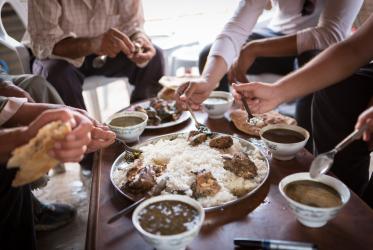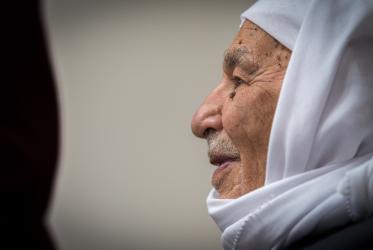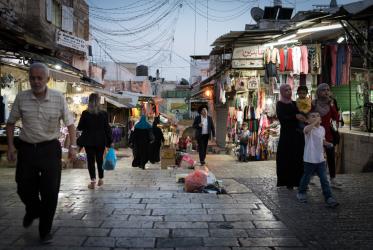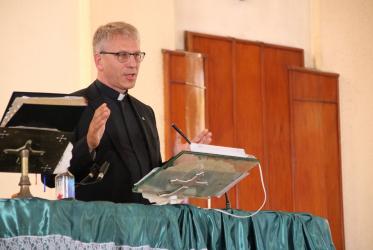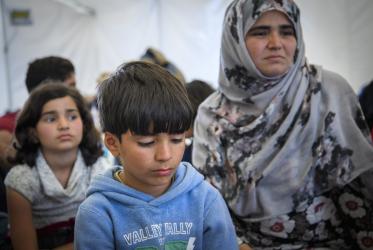Displaying 1 - 20 of 26
22 October 2020
The cry of the Papuans in Indonesia
14 November 2019
In Fiji, young people ‘walk the talk’ with advocacy
12 September 2019
An advocate for family values, called by God
26 March 2018
In Fiji, “time to go beyond the reef”
14 August 2017
"I hit the ground running": Katalina Tahaafe-Williams
16 February 2016
WCC/UN conference calls for coordinated action on refugee crisis
20 January 2016
“European solidarity must be strengthened”
29 October 2015




